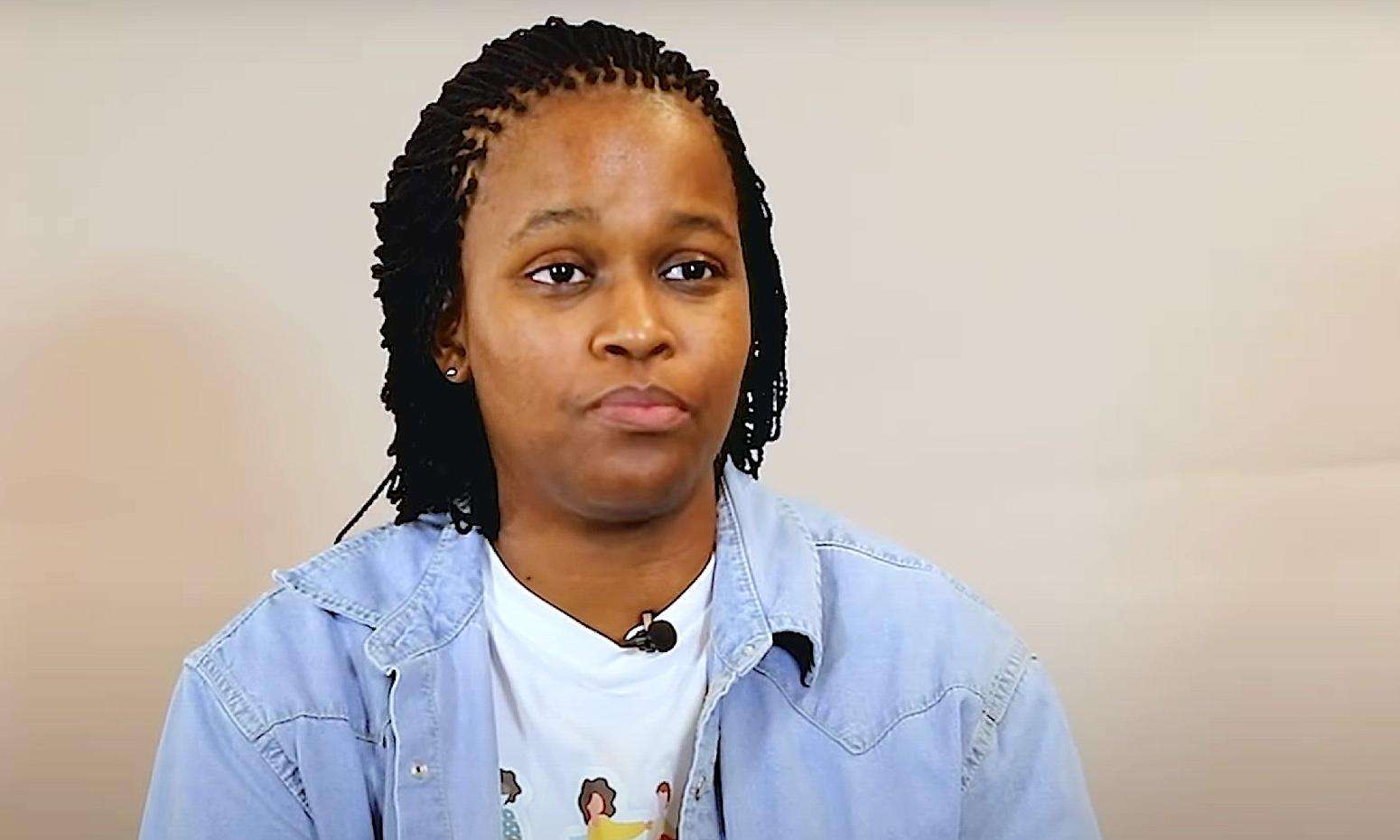Phumeza Tisile is a survivor of extensively drug-resistant tuberculosis (XDR-TB). Below she shares her experience of a terrifying whirlwind, from a diagnosis as a 19-year-old university student in South Africa with a treatment regimen of 25 pills a day, to sudden deafness and with a 20 percent chance of survival. After meeting with a Doctors Without Borders/Médecins Sans Frontières (MSF) doctor who recommended she take a new drug, Phumeza finally recovered.
Transcript
My name is Phumeza. I am an XDR-TB survivor.
The year was 2010. I went to the doctor at the [university] campus and then they checked for all common diseases: hypertension, diabetes, and all of that. They all came back negative, but because he saw I was physically not well, he said I must go do a test at a local clinic because the doctors [on campus] do not check for TB.
There was nothing wrong with me according to the [first TB] test, but they could see also that I was not okay. Then one doctor said I must go do a chest X-ray, and then they saw the TB in the X-ray because it was not a normal X-ray. It looked like clouds. Then I started [taking] first-line TB drugs.
After six months of no progress on first-line drugs, a diagnosis: multi-drug-resistant TB (MDR-TB)
It was a foreign language to me. I didn't know TB had types, so that was really confusing. I was 19 years [old], first-year student at university, and now [I was] surrounded by medical staff, doctors, and nurses telling [me] all this bad news.
I could see that they were trying to find a solution. They said I would take this cocktail of drugs, and they would give me about 25 tablets a day. The nurse actually came with these drugs in shiny tray, different drugs, different colors,. There was also an injection on this tray, [a] small, little portable injection. Then they diluted it with water.
I thought, "Okay, maybe they are going to explain to me that I will take these tablets on the tray for the whole week." That's what I thought. [But] then they said, “No, you need to take these tablets now. All of them now.”
After I finished the treatment, there was the injection. I was never scared of injections, but that one [was] the first time I actually felt it burning, a sensation of burning. After that, because you're standing, you can feel your leg getting numb. That's how painful it was!
Waking up unable to hear
A nurse said I must go to the other department in writing on a paper. Then they [ran] a few tests. And then my diagnosis was that I got deaf from the injection that burned me. So it was very confusing because a day before that, I was just listening to music in my headphones. And then now you wake up and things have drastically changed. It's very odd.
So it was a very confusing time. But what was odd was that I was better physically, compared to the first time I got sick. I was actually discharged to continue my treatment at home. I was so close to the finish line. ThenI was called to the clinic because they said that there are visiting doctors from MSF.
“Take this drug and hope for a miracle”
I didn't know what MSF was. They explained that I was no longer pre-XDR—I actually [already] had XDR. The MSF doctor also emphasized that the [chances of surviving] were very low [....] And then I was given a choice: take this drug and hope for a miracle—she used the word miracle—or stop treatment completely and die slowly.
I didn't have much to lose, so I decided to take the drug. And after three years, then in eight months I was finally cured from XDR-TB.
When I was told [I had] XDR-TB, I was told I had a 20 percent chance of surviving. But through MSF I was able to get the [new]drug that actually saved my life.

